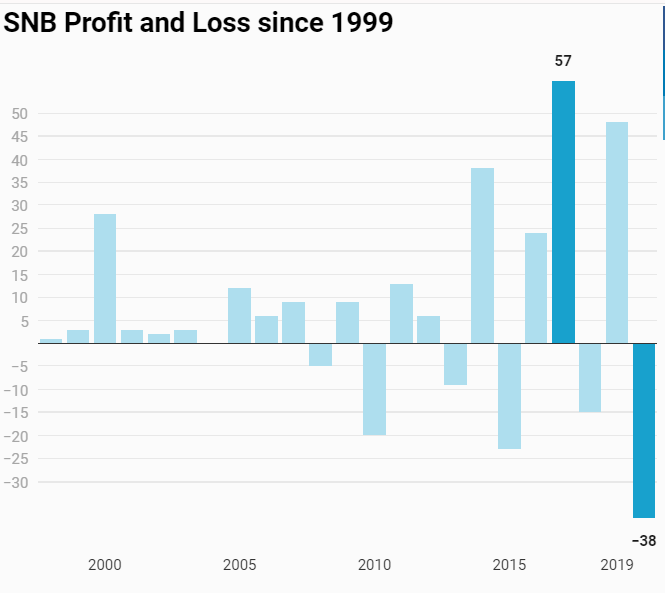FAS, 31 May 2020. PDF. Monetary deficit financing is the norm—after all, central banks distribute their profits. Monetary financing occurs in the context of regular open market operations and QE and, hyper charged, with helicopter drops. The question is not whether monetary policy should finance the government, but why it does so, and to what extent. Fiscal and monetary policy are inherently connected; what constitutes monetary policy is defined by objectives. You Might Also Like Central Banks Zoom In on CBDC According to a BIS press release, several leading central banks collaborate with the BIS on matters relating to the introduction of CBDC: The Bank of Canada, the Bank of England, the Bank of Japan,
Topics:
Dirk Niepelt considers the following as important: 1.) Dirk Niepelt, 1) SNB and CHF, Central Bank, Central bank profit, Contributions, European Central Bank, Featured, Fiscal monetary policy interaction, Fiscal policy, Helicopter drop, Monetary Policy, newsletter, Open market operation, Quantitative Easing, Swiss National Bank
This could be interesting, too:
Nachrichten Ticker - www.finanzen.ch writes Die Performance der Kryptowährungen in KW 9: Das hat sich bei Bitcoin, Ether & Co. getan
Nachrichten Ticker - www.finanzen.ch writes Wer verbirgt sich hinter der Ethereum-Technologie?
Martin Hartmann writes Eine Analyse nach den Lehren von Milton Friedman
Marc Chandler writes March 2025 Monthly

FAS, 31 May 2020. PDF.
Monetary deficit financing is the norm—after all, central banks distribute their profits. Monetary financing occurs in the context of regular open market operations and QE and, hyper charged, with helicopter drops. The question is not whether monetary policy should finance the government, but why it does so, and to what extent. Fiscal and monetary policy are inherently connected; what constitutes monetary policy is defined by objectives.
Tags: Central Bank,Central bank profit,Contributions,European central bank,Featured,Fiscal monetary policy interaction,fiscal policy,Helicopter drop,Monetary Policy,newsletter,Open market operation,Quantitative Easing,Swiss National Bank







